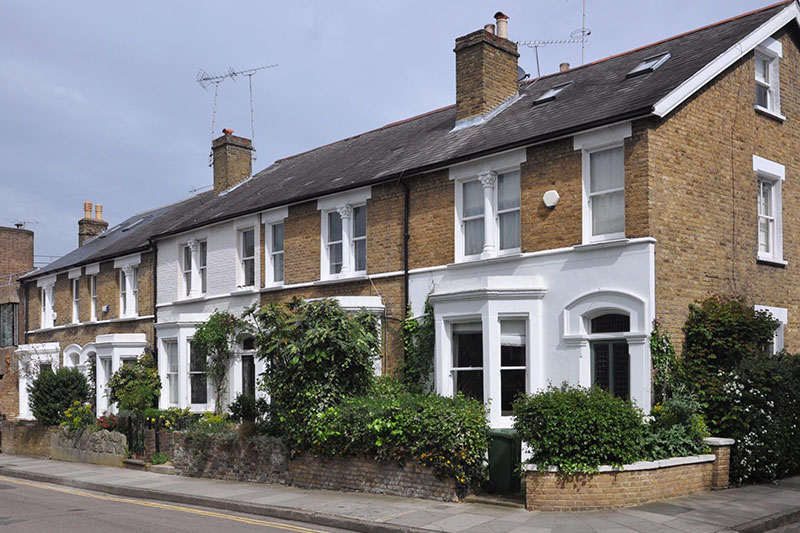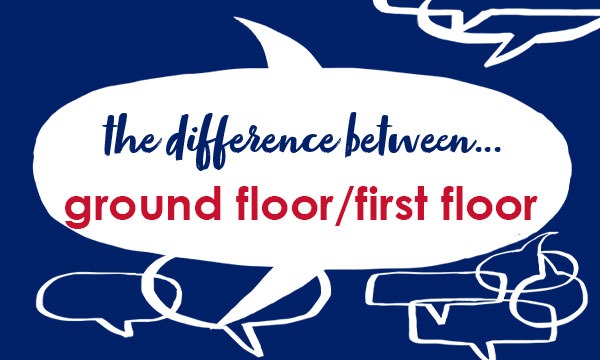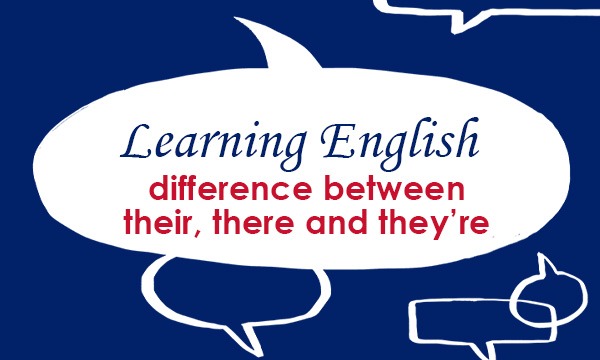This week we are looking at some words which can be used differently in British and American English: ground floor and first floor.
ground floor

In British English, the floor of a building which is level with the ground is called the ground floor. The floor above it is called the first floor, the floor above that is the second floor, and so on.
She showed him around the ground floor of the empty house.
Jenny now lives in a terraced ground floor flat.
The two on the first floor overlook the ground floor through sliding glass doors, again bringing in more light.
first floor

In American English, the floor which is level with the ground is called the first floor, the floor above it is the second floor, and so on.
Better to go for one on the first floor: room 127 has a terrace overlooking the garden.
Our unit was on the first floor and there were two others above ours.
The first floor is sealed off as storage space.
Find out more in our English Usage article.
This blogpost is based on Collins COBUILD English Usage, written for learners of English. For more examples of English usage points, please visit: https://grammar.collinsdictionary.com/english-usage.
All opinions expressed on this blog are those of the individual writers, and do not necessarily reflect the opinions or policies of Collins, or its parent company, HarperCollins.



